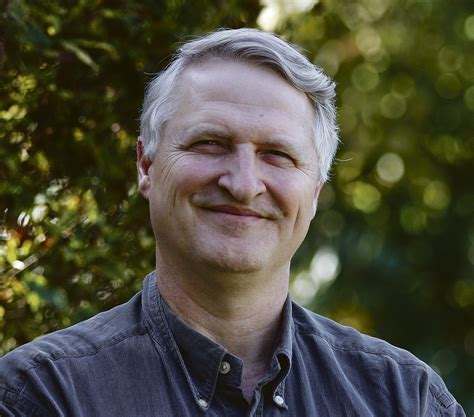A Quote by Allen W. Wood
We commit not only theoretical error but also moral wrong in objectifying ourselves or other rational beings, ignoring their capacities for free action and communicative interaction with us.
Related Quotes
We forgive, if we are wise, not for the other person, but for ourselves. We forgive, not to erase a wrong, but to relieve the residue of the wrong that is alive within us. We forgive because it is less painful than holding on to resentment. We forgive because without it we condemn ourselves to repeating endlessly the very trauma or situation that hurt us so. We forgive because ultimately it is the smartest action to take on our own behalf. We forgive because it restores to us a sense of inner balance.
There ought not be two histories, one of political and moral action and one of political and moral theorizing, because there were not two pasts, one populated only by actions, the other only by theories. Every action is the bearer and expression of more or less theory-laden beliefs and concepts; every piece of theorizing and every expression of belief is a politcal and moral action.
The scriptures are basically a narrative of God's interaction with human kind. If we lose this notion of God's desire for relationship with human beings, we're in danger of losing the heart of the Christian faith. Doctrines, of course, will flow from that, but when the scriptures call us to Believe, we're being called to put our trust in Someone, not just agree with a bunch of doctrine. Demons could do that. We are to commit ourselves to Christ.
The fear of speculation, the ostensible rush from the theoretical to the practical, brings about the same shallowness in action that it does in knowledge. It is by studying a strictly theoretical philosophy that we become most acquainted with Ideas, and only Ideas provide action with vigour and ethical meaning.
Quite often, as life goes on, when we feel completely secure as we go on our way, we suddenly notice that we are trapped in error, that we have allowed ourselves to be taken in by individuals, by objects, have dreamt up an affinity with them which immediately vanishes before our waking eye; and yet we cannot tear ourselves away, held fast by some power that seems incomprehensible to us. Sometimes, however, we become fully aware and realize that error as well as truth can move and spur us on to action.
Of all the things we are wrong about, error might well top the list ... We are wrong about what it means to be wrong. Far from being a sign of intellectual inferiority, the capacity to err is crucial to human cognition. Far from being a moral flaw, it is inextricable from some of our most humane and honourable qualities: empathy, optimism, imagination, conviction, and courage. And far from being a mark of indifference or intolerance, wrongness is a vital part of how we learn and change. Thanks to error, we can revise our understanding of ourselves and amend our ideas about the world.
To forgive another from the heart is an act of liberation. We set that person free from the negative bonds that exist between us. As long as we do not forgive we pull them with us, or worse, as a heavy load. The great temptation is to cling in anger to our enemies & then define ourselves as being offended & wounded by them. Forgiveness, therefore, liberates not only the other but also ourselves. It is the way to the freedom of the children of God.


































